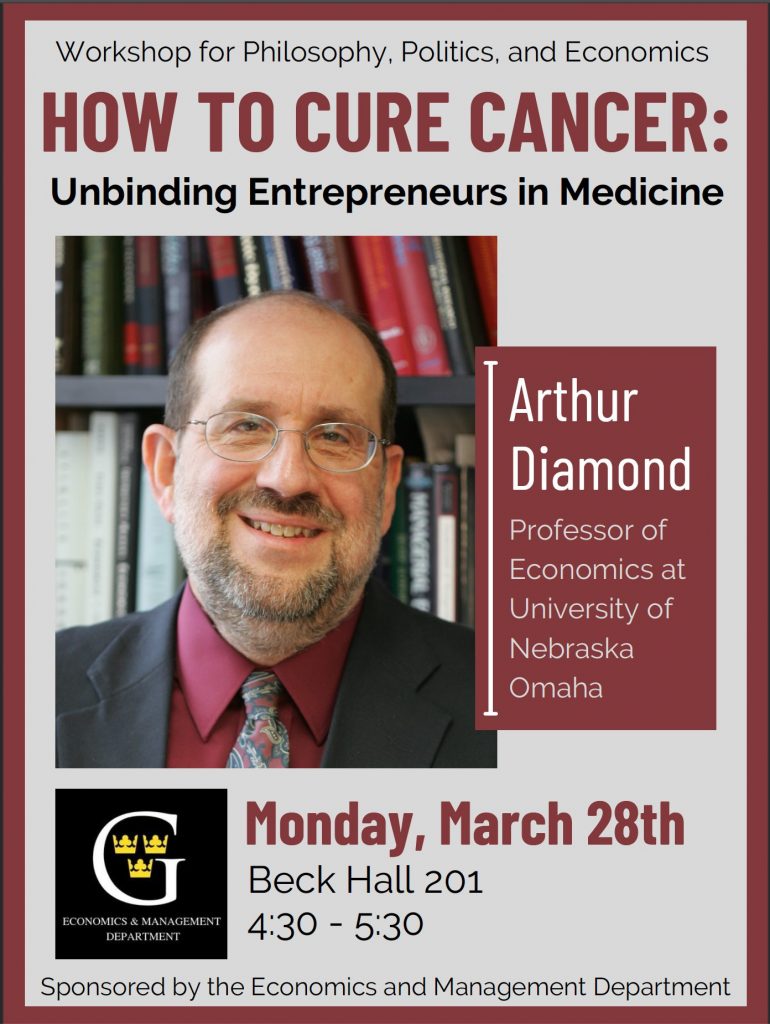(p. A4) Kaitlyn Younger has been an academic standout since she started studying algebra in third grade.
. . .
Ms. Younger, 18 years old, was cautiously optimistic when she applied to top U.S. colleges last fall. Responses came this month: Stanford, Harvard, Yale, Brown, Cornell, University of Pennsylvania, University of Southern California, University of California, Berkeley, and Northwestern all rejected her.
. . .
For students such as Ms. Younger, the odds are particularly long. She is a middle-class white female from a public high school in Texas who wants to study business. Each characteristic places her in an overrepresented group, said Sara Harberson, a former admission officer at University of Pennsylvania and now a private college-admissions counselor.
Nearly half of white students admitted to Harvard between 2009 and 2014 were recruited athletes, legacy students, children of faculty and staff, or on the dean’s interest list—applicants whose parents or relatives have donated to Harvard, according to a 2019 study published in the National Bureau of Economic Research.
At Harvard, low-income students with top academic scores had an admit rate of 24% compared to 15% for all other applicants, according to a 2013 study by the school. Harvard has said it believes enrolling a diverse student body is important because the school wants students to learn to work with people from different backgrounds.
“The middle class tends to get a little bit neglected,” said Hafeez Lakhani, a private college counselor in New York who charges $1,200 an hour. “Twenty years ago, Ms. Younger would have had a good shot at an Ivy League school.”
For the full story, see:
Douglas Belkin. “For Top Students, Rejections Pile Up.” The Wall Street Journal (Friday, April 22, 2022): A4.
(Note: ellipses added.)
(Note: the online version of the story was updated April 21, 2022, and has the title “To Get Into the Ivy League, ‘Extraordinary’ Isn’t Always Enough These Days.”)
The 2019 NBER article mentioned above has been published as:
Arcidiacono, Peter, Josh Kinsler, and Tyler Ransom. “Legacy and Athlete Preferences at Harvard.” Journal of Labor Economics 40, no. 1 (Jan. 2022): 133-56.
A related paper is:
Arcidiacono, Peter, Josh Kinsler, and Tyler Ransom. “Divergent: The Time Path of Legacy and Athlete Admissions at Harvard.” Journal of Human Resources (published online before print, on Jan. 13, 2022).



